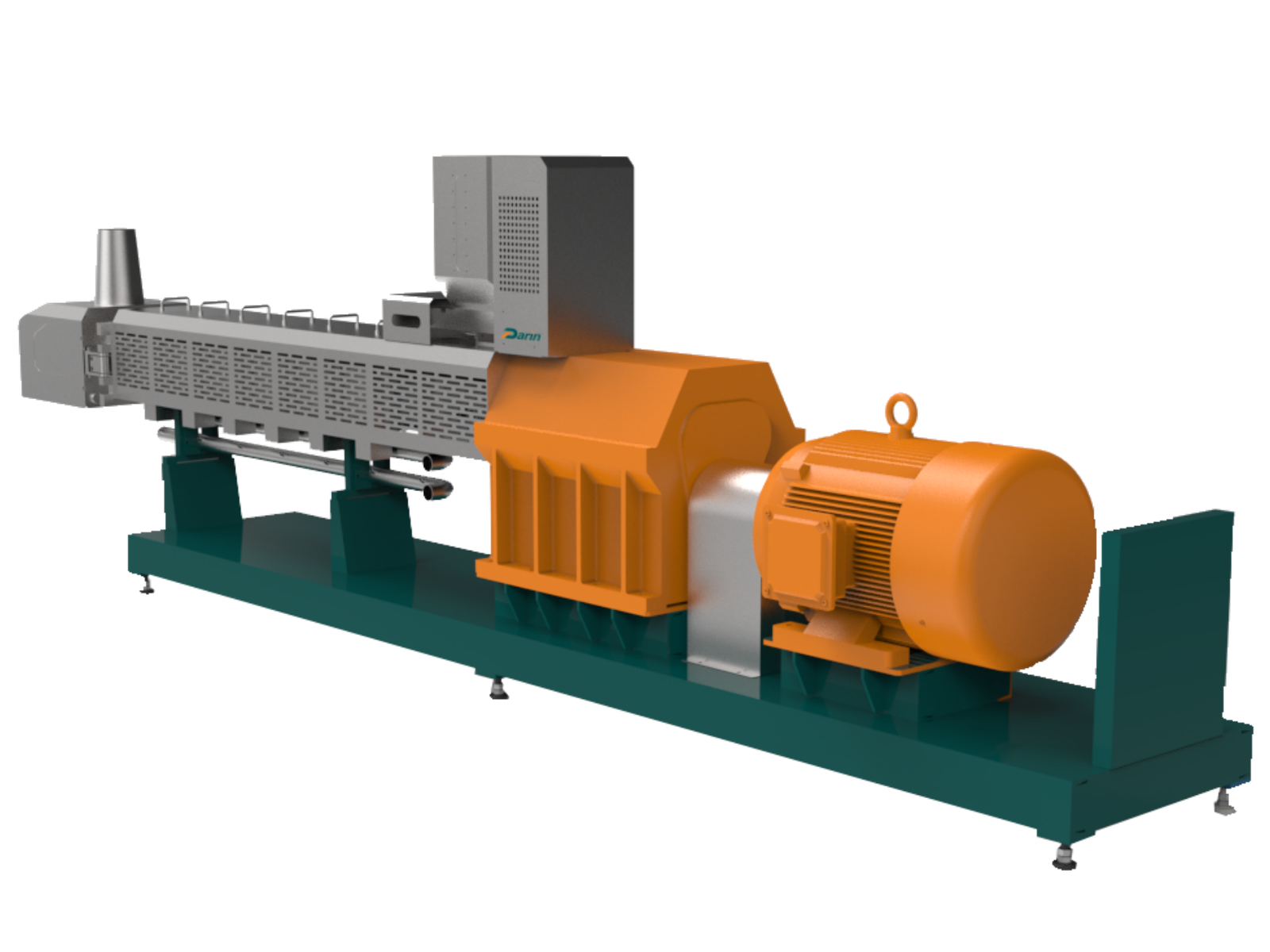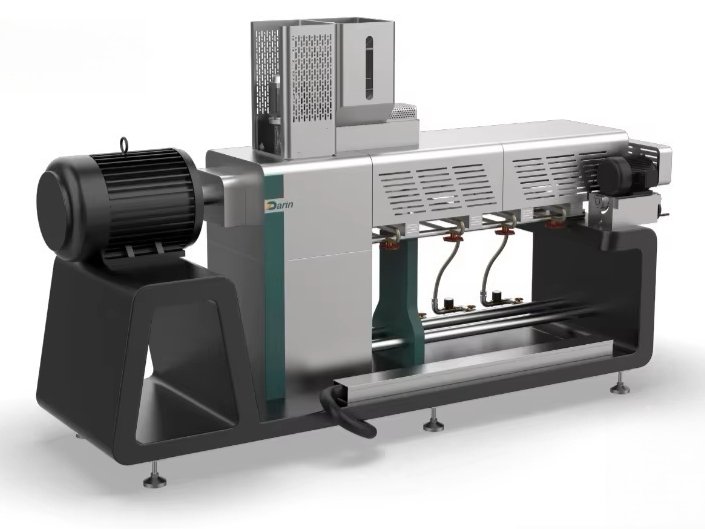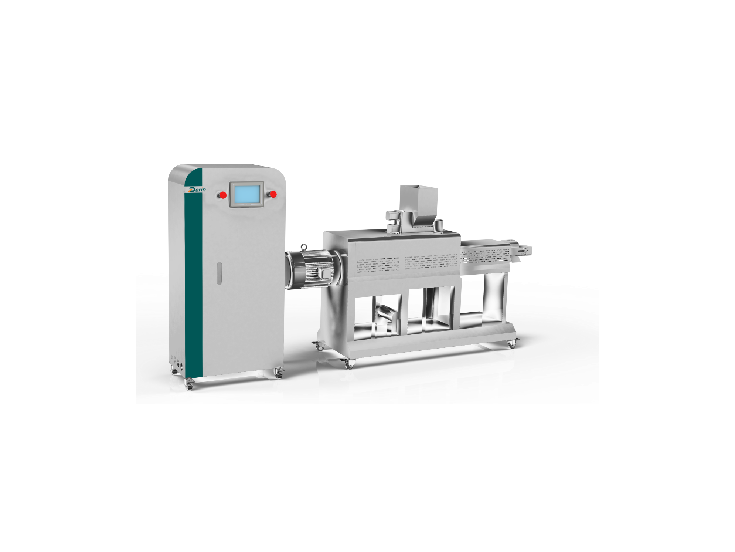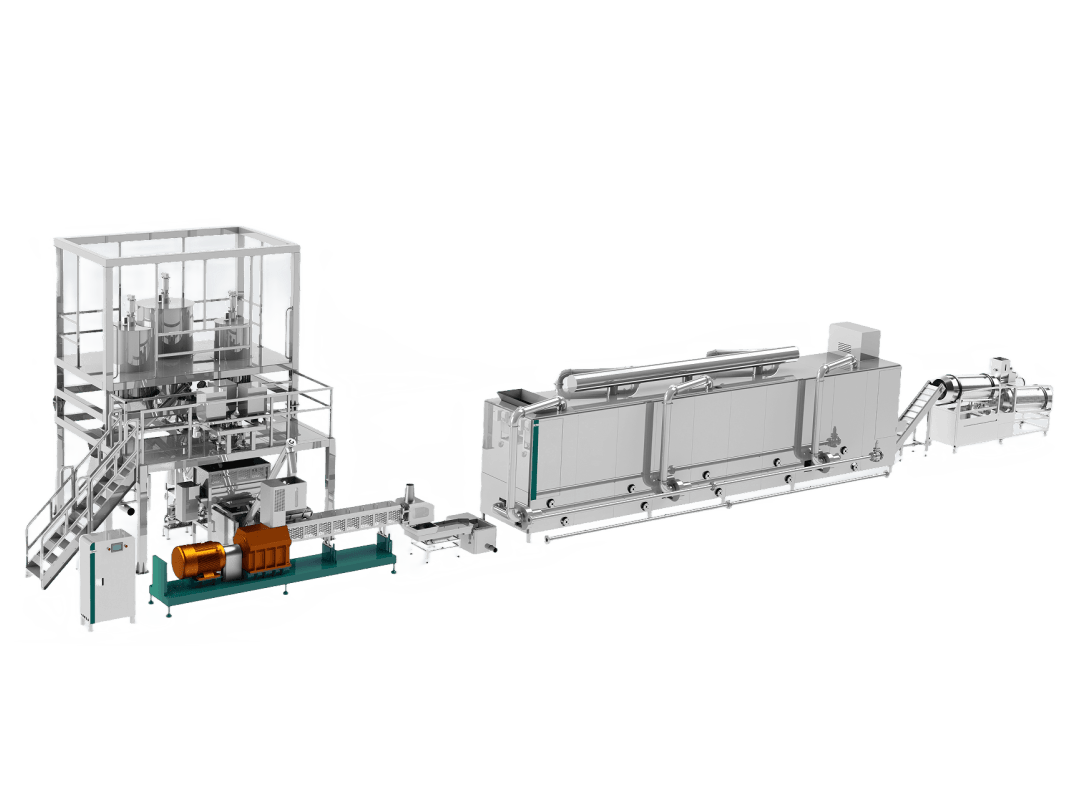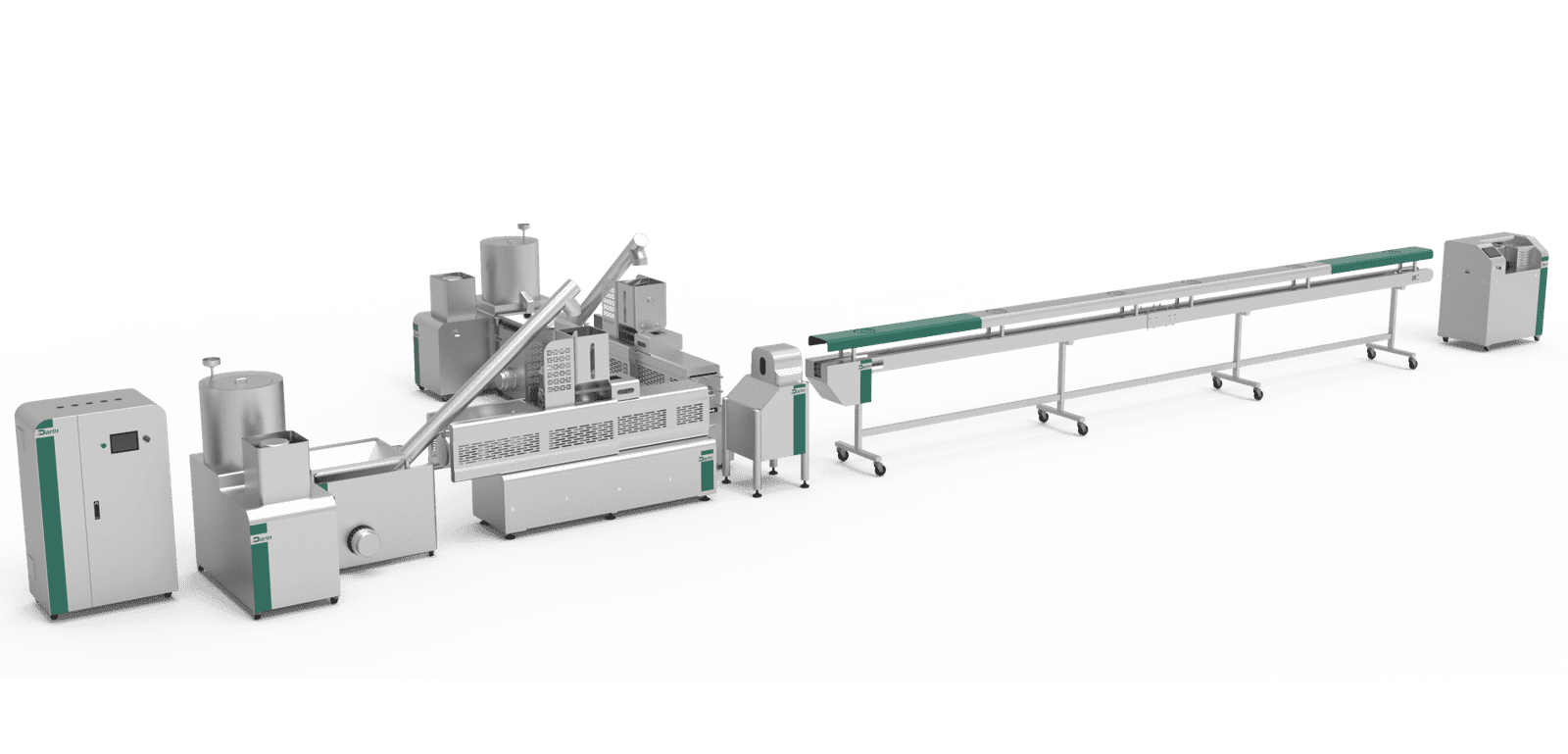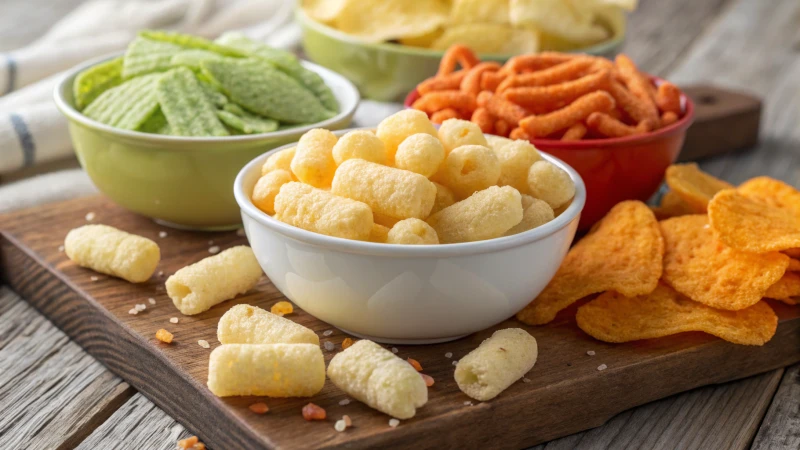
The Problem with Food Processing
Consumers today demand convenient, nutritious, and shelf-stable food products. However, many traditional food processing methods fail to maintain consistency, texture, and nutritional value. This is where extrusion technology comes in—helping produce a wide range of food items with improved quality, safety, and efficiency.
What Are Some Examples of Extrusion Food?
Extruded foods include breakfast cereals, snack foods, pasta, pet food, and textured vegetable proteins (TVP). These products are made using extrusion technology, which processes raw materials under high pressure and temperature to create specific textures and shapes.
Keep Reading to Learn More
Extrusion technology is widely used in the food industry, creating everything from crunchy snacks to protein-rich meat alternatives. Let's explore the different types of extruded foods and their applications.
How Does Food Extrusion Work?
Extrusion is a food processing method that forces raw ingredients through a specially designed machine, known as an extruder. This process uses heat, pressure, and mechanical shearing to cook and shape the food.
Key Steps in Food Extrusion:
- Mixing: Ingredients are combined in a precise ratio.
- Cooking: Heat and pressure cook the mixture inside the extruder.
- Shaping: The dough is forced through a die to form the final shape.
- Drying & Cooling: The product is dried or cooled to achieve the desired texture.
- Flavoring & Packaging: Some foods are seasoned before packaging.
Common Types of Extruded Foods
| Category | Examples | Purpose of Extrusion |
|---|---|---|
| Breakfast Cereals | Cornflakes, puffed rice, bran flakes | Creates uniform texture and shape |
| Snack Foods | Cheese puffs, pretzels, potato sticks | Enhances crispiness and expands volume |
| Pasta & Noodles | Macaroni, spaghetti, instant noodles | Ensures durability and shape retention |
| Pet Foods | Dry kibble, fish feed, bird food | Provides consistent nutrition and texture |
| Textured Proteins | Soy chunks, meat substitutes, plant-based proteins | Mimics meat texture for vegetarian diets |
Breakfast Cereals – How Are They Made?
Breakfast cereals like cornflakes and puffed wheat are among the most common extruded foods. They are made by mixing grains with water, cooking them under pressure, and then shaping them into flakes or puffs. The process improves their digestibility and extends shelf life.
Snack Foods – Why Are They Crunchy?
Extrusion is responsible for the crispy texture of many popular snacks, such as cheese puffs, pretzels, and corn chips. The rapid expansion of moisture inside the extruder creates a light, airy structure, giving these snacks their signature crunch.
Pasta & Noodles – Why Do They Hold Their Shape?
Extruded pasta and noodles are made by forcing a flour and water mixture through a die, shaping them into tubes, spirals, or ribbons. This process ensures a consistent structure, allowing the pasta to hold its shape even after cooking.
Pet Foods – How Are They Different?
Extrusion helps create balanced, easy-to-digest pet foods with a long shelf life. Dry kibble and fish feed are formulated to include essential nutrients while ensuring the right texture for different animals.
Textured Vegetable Proteins (TVP) – A Meat Alternative
TVP is a plant-based protein made from soy, wheat, or peas. It undergoes extrusion to create a fibrous texture similar to meat, making it an excellent ingredient for vegetarian and vegan meals.
Benefits of Extruded Foods
| Benefit | Description |
|---|---|
| Improved Shelf Life | Extruded foods are less prone to spoilage. |
| Enhanced Texture & Consistency | Creates uniform, appealing textures. |
| Nutrient Retention | Many extruded foods are fortified with vitamins. |
| Versatility | Used in a wide range of food products. |
Conclusion
Extrusion technology plays a vital role in modern food production, creating a variety of convenient and nutritious products. Whether it's breakfast cereals, snack foods, pasta, pet food, or plant-based proteins, extrusion ensures consistency, texture, and shelf stability.
Want to Learn More?
If you're interested in food extrusion or need custom solutions for your food production, contact us today for expert guidance!


